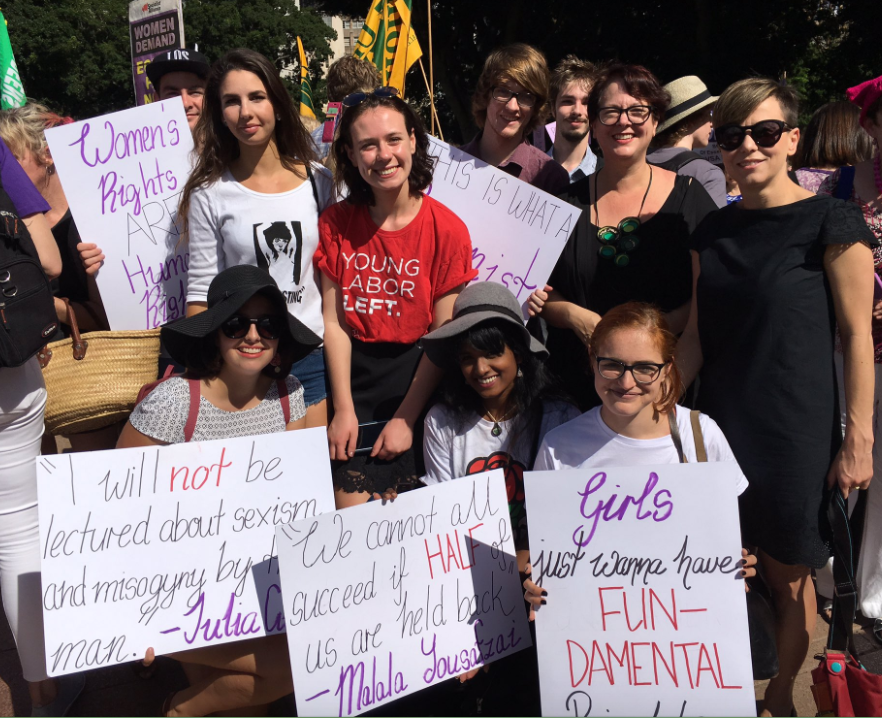Straight from the Senate - Issue 11
5.00pm | March 12, 2017
|
RECENTLY 1. This past Wednesday marked the 108th International Women’s Day. Since the first IWD in 1908 we have come a long way and Labor has a proud history of advancing women’s rights. However, there is still much to be done to achieve equality. On average, Australian women retire with half the superannuation of men and more than half of all retired women have an annual income of less than $30,000. Women earn 16% less than their male counterparts (much more if bonuses are included), and one in every three Australian women experience domestic violence. |
|
OUR TEAM Last weekend I joined Bill Shorten, Tanya Plibersek, Sam Dastyari, Terri Butler and many other Labor members to march in Mardi Gras. Unlike the Coalition, Labor believes that those in same-sex relationships are entitled to marry the one they love. I call on Prime Minister Turnbull to grant his party a free vote on this issue so that the Parliament can do its job and deliver for the thousands of Australians waiting for equality. |
|
IN DEPTH Australian companies are not keeping pace with the rest of the world when it comes to disclosure around climate risks. These risks arise when a business faces increased costs because of climate change (for example, insurance companies exposed to greater payouts as a result of more frequent bushfire) or decreased asset values because of changes to reduce our carbon emissions (for example, fossil fuel power stations which are less attractive assets under policies which seek to reduce emissions). |






